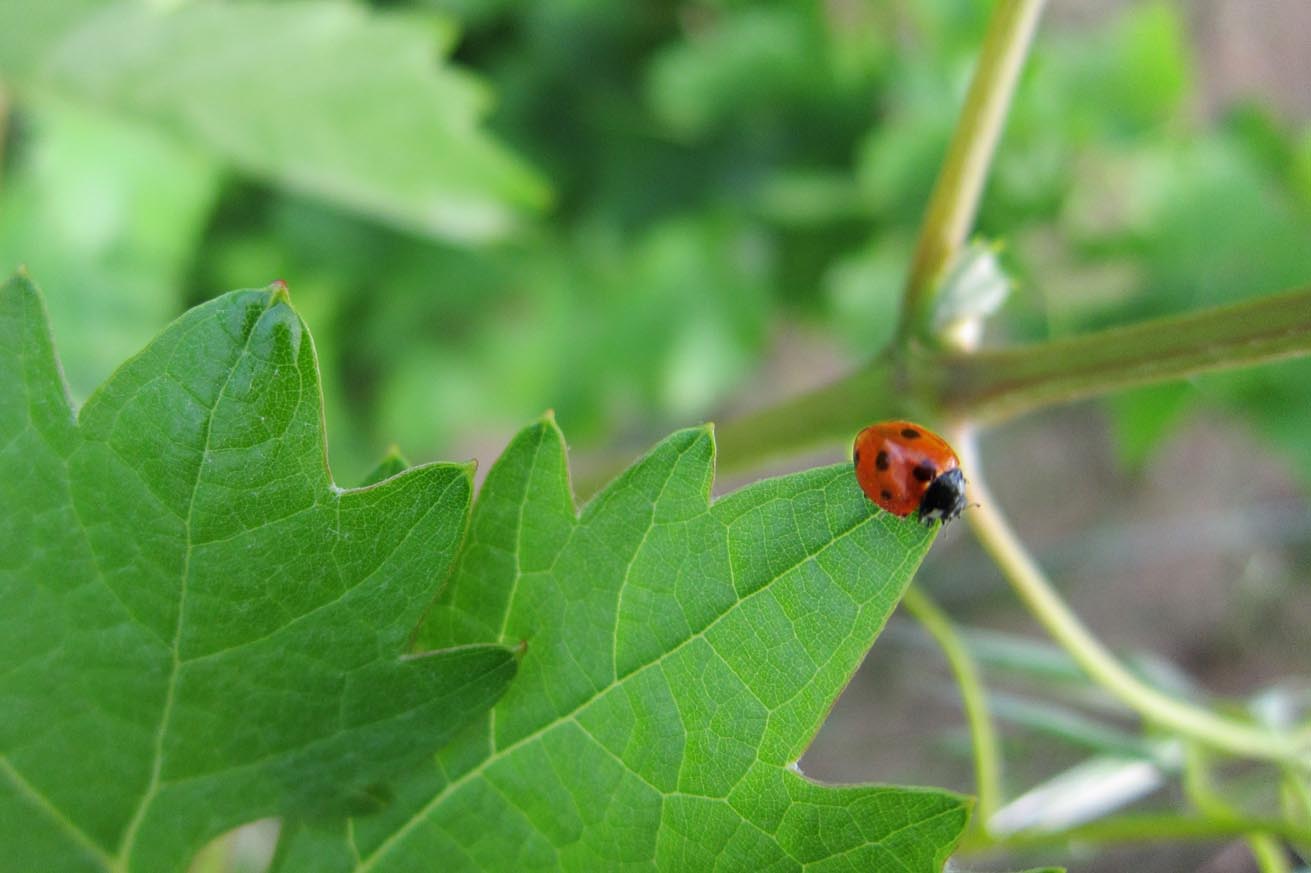What kind of wine will you find at Live Wine?
• Wine that is produced and bottled by those who personally follow every step from vineyard to cellar
• It comes from a vineyard that has not been sprayed with any synthetic chemical product
• Its grapes have been manually harvested
• It does not contain additives other than those mentioned in the label
Variety
This is what we like to find in the wines we drink: variety. We can talk about diversity or biodiversity, but the word variety in itself contains many aspects that in wine we consider positive.
As we endeavoured to communicate with our logo, the wines we like have a range of colours that themselves are worth the experience of getting to know them.
Not only “straw yellow” or “ruby red with purple or garnet hues” as any other wine is often referred to, but an endless variety of colours due to vine, vinification, soil, filtration and other parameters.
The variety of grapes, as well. In Italy we are privileged because we have such a huge amount of local varieties that only Caucasus, where the vine originated over 7000 years ago, can outnumber us. If we add the varieties from France, Spain, Portugal, Germany, Austria, Slovenia, etc. we can see that the range of wines originating from them is enormous.
Lastly, the variety in taste. Every wine is a world of its own; a peculiar experience that should not be conceived around a table to please everyone, but a cluster of factors that include grape variety, soil, climate, microclimate, vintage, harvest time, cellar choices; even the personality of the men and women who produce it. Each and every one of these elements will contribute to determine the final features.
The wine we love is not just a product, but a live nourishment accompanied in its transformation by an artisan that does not use additives not mentioned in the label.
What else should a wine have for us to like it?
Firstly we would like it to be genuine, a word that sounds rhetorical to many but it has in fact a very precise meaning: a wine should be elaborated the least possible and at the same time have a good drinkability and healthiness.
To do this we think it is important to start from a vineyard that has not been treated with synthetic chemicals, which not only are responsible for the death of useful insects but can destroy any living form of the soil’s microfauna, fundamental to guarantee its vitality and capacity to positively affect the organoleptic characteristics of the grapes.
The vineyard we like is populated by infinitely small living beings inside and outside of it.
Then it should have character and personality, it should have a soul that makes it alive and special. To obtain this we are persuaded that only the care and dedication of an artisan that uses neither selected yeasts nor the dozens of other legal additives available to modern oenology can guarantee it.
The wine we like carries inside the skills and personality of those who produce it.
Last but not least, the wine should not have undue amounts of added sulphites.
The law, in our opinion, allows excessive amounts of this preservative in the wines. This can alter the taste and in any case it is noxious.
Given that the wine’s most damaging substance is still alcohol we believe that, when it becomes necessary to protect the wine by adding sulphites, these should be used in minimal quantities. Wine itself produces a certain amount of sulphites during the fermentation and some winegrowers are able to make exceptional wines without ever adding them.
It is for this reason that we asked our producers to present to Live Wine only the wines that stick to the following:
Limit of 50 mg/l of total sulphites for red wines.
The law allows up to 150 mg/l
Limit of 70 mg/l of total sulphites for white and rosé wines.
The law allows up to 200 mg/l
Limit of 100 mg/l of total sulphites for sweet wines.
The law allows between 200 and 300 mg/l depending on the type of wine.

